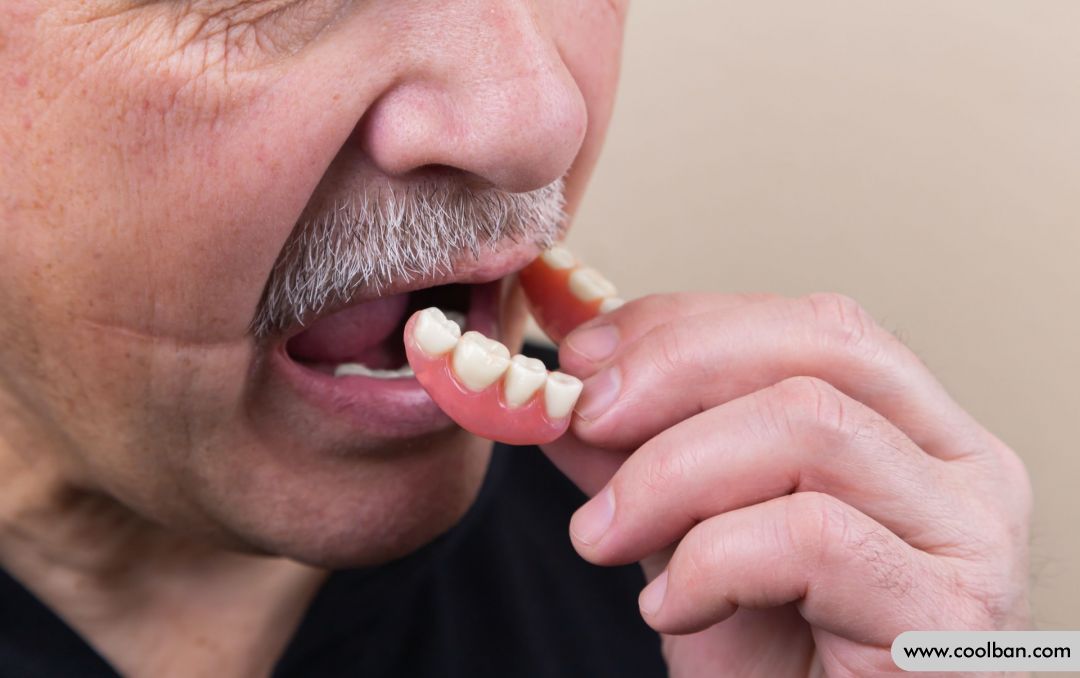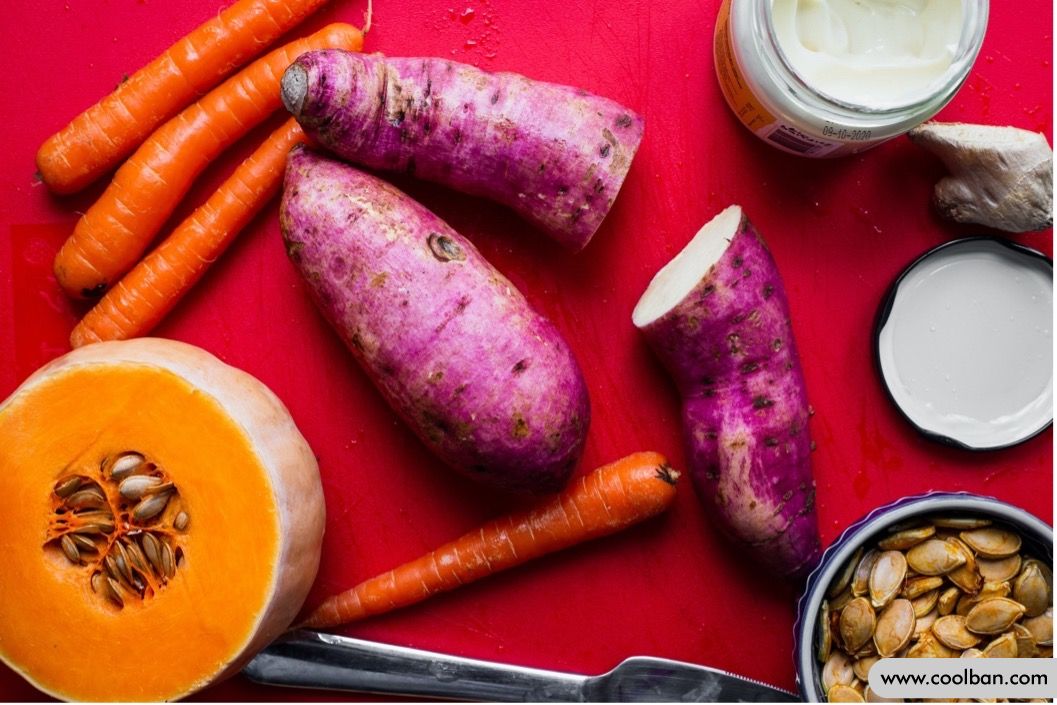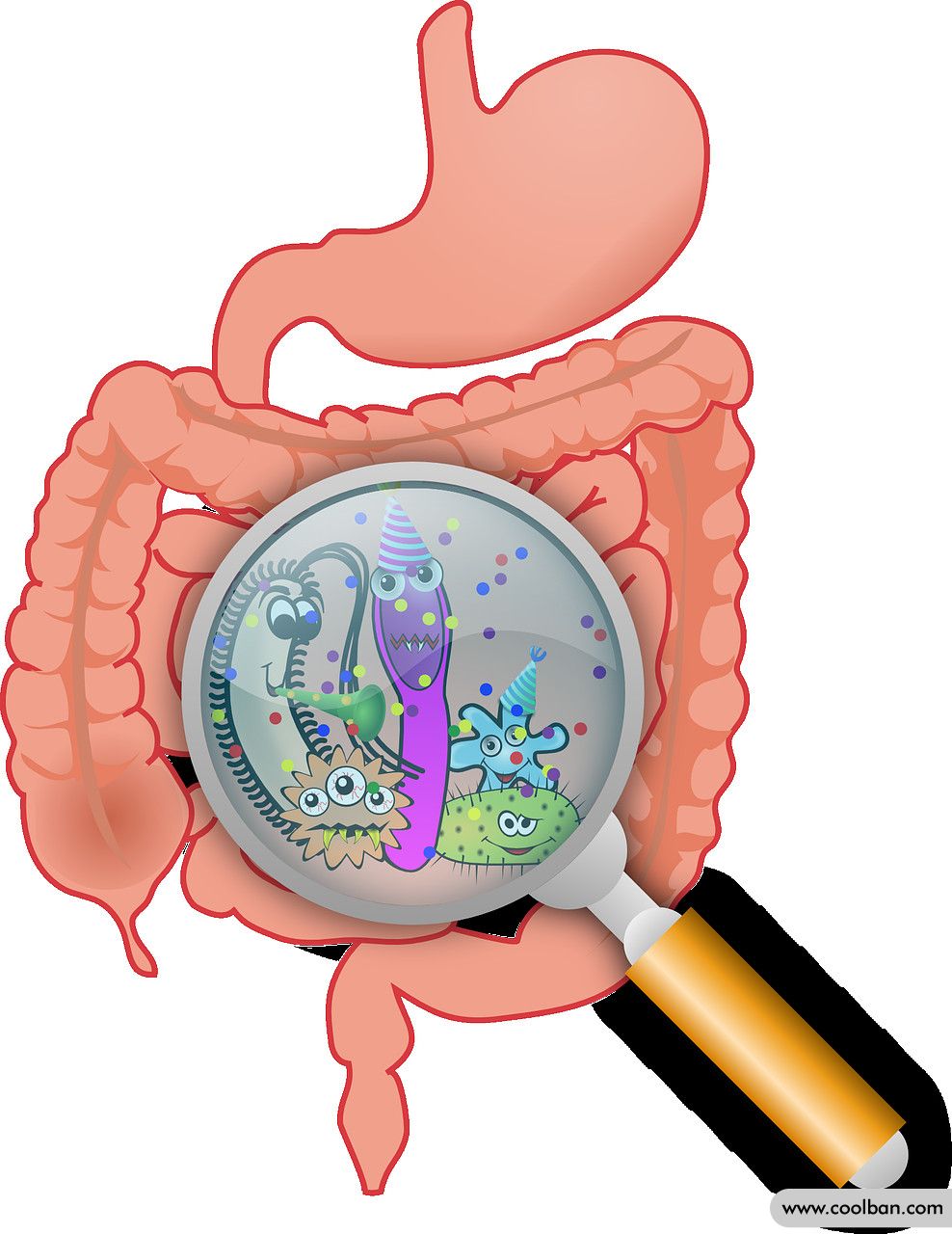Where does the gas in the stomach come from?
2022-06-26
Almost all of us have experienced "flatulence", especially after a full meal, the food we eat seems to be bursting. This feeling makes us instantly lose the fun of eating a lot.
Everyone should have heard the "flatulence" in the doctor's mouth. In fact, flatulence is not the same as the "bloated stomach" after eating full food. Flatulence means that you often feel that your abdomen is full of air, especially bloated and enlarged (commonly known as "swimming ring"). So do you want to know how the bloating in our stomach is produced? Let's take a look at it below.

Where does the flatulence in the stomach come from?
1. Swallowing air to form flatulence
In most cases, flatulence is mostly swallowed air. So how does air get into our bodies? There are several ways:
• Swallowing saliva. This happens when there's a lot of saliva, such as when your dentures don't fit well and repeatedly, or when you're feeling nauseous or nervous, and swallowing air creates gas.

• Eat and drink food. When swallowing food, sucking beverages with a straw, chewing gum, and inhaling candy, air will also enter the intestines with the action of swallowing food to form flatulence.

2. Excessive eating of gas-producing foods causes flatulence
• The more food you eat, the more gas is produced and built up. If you're healthy, you normally expel gas through burping and farting. But if the body has a strange discomfort at this time, it will form flatulence.
Gas-producing foods with high sugar content, such as potatoes, radishes, taro, sweet potatoes, pumpkins, chestnuts, etc., these foods are rich in sugar (cellulose, starch, etc.), which will produce a large amount of ammonia after fermentation by intestinal bacteria If gas and hydrogen sulfide cannot be excreted for a while and accumulate in the intestines, gastrointestinal flatulence will be formed.

• soy products. Such as soybeans, soybeans, soy milk, tofu, tofu brain and other foods. Soy products contain a variety of anti-nutritional factors, two of which are related to the gastrointestinal tract. One is trypsin, which is a substance that inhibits protease activity in the body. If eating too much, it will affect the human body's digestion of protein, and it has a stimulating effect on the gastrointestinal tract, sometimes causing nausea and vomiting. One is flatulence factor, which can cause symptoms such as indigestion, flatulence or diarrhea. Moderate consumption of foods such as soy products can supplement protein, but not too much!

3. Flatulence caused by unhealthy stomach
• Bacterial flora disorder: The air in the gastrointestinal tract is actually more produced by various bacteria in the gastrointestinal tract. There are many flora in the stomach and intestines. In a healthy state, the flora automatically adjusts to maintain a dynamic balance and mutually beneficial symbiosis. However, once the gastrointestinal flora is disturbed, the bad bacteria will act indiscriminately, producing a large amount of gas in the stomach and eventually forming flatulence. It may also affect the immune system of the intestinal tract and cause abnormal inflammation. It also affects the composition and volume of air in the gut.

• Intestinal peristalsis function is not good: poor gastrointestinal function, gastrointestinal peristalsis function will become poor, and the stomach will not be smooth. The stomach will produce some gas in the process of digesting food. If the stomach is blocked, the gas will not be released, resulting in flatulence.
• Intestinal disorders: These include intestinal cramps or allergies, gallbladder disease (indigestion of fat), and inability to absorb lactose in the body (lack of the enzyme lactase, which is necessary to digest lactose), all of which cause food to be digested poorly and the substance fermented by bacteria , resulting in flatulence.
• Impaired bowel emptying: When the bowel wall is weakened or blocked, excess gas and fluid build up in the bowel, causing bloating.
How to avoid flatulence?
1. Prevention of flatulence
• Change your eating habits and eat less foods with monosaccharides, oligosaccharides, disaccharides, sugar alcohols, and polyols (ie, gas-producing foods containing high sugar), these substances are not easily metabolized and decomposed in the small intestine, and they will It runs into the large intestine and is decomposed by bacteria to produce flatulence.
• Change your living habits and take part in more exercise, especially some exercises that are conducive to intestinal peristalsis, such as running, swimming, yoga and other exercises, which can effectively promote intestinal blood circulation, enhance intestinal peristalsis function, and relieve intestinal peristalsis. Flatulence.

2. Treatment of flatulence
Although flatulence is gas in the gastrointestinal tract, and the cause of flatulence is also related to intestinal gas, many studies have shown that the root cause of flatulence may lie in other diseases or problems in the body.
For example, the symptoms of gas accumulation in the abdomen can be relieved by oral drugs that enhance the motility of the gastrointestinal tract, such as trimebutine maleate, which has a bidirectional regulation of gastrointestinal motility, and mosapride dispersion, which promotes gastrointestinal motility. film and so on. If you already have constipation problems, you can start with assisting defecation to reduce the phenomenon of flatulence, and even short-term treatment with antibiotics to change the intestinal flora and other treatment methods.
Finally, I hope you can actively prevent flatulence in your daily life, and seek medical attention in time when you have gastrointestinal discomfort (flatulence). With a healthy stomach, you can not refuse food and eat it!
Everyone should have heard the "flatulence" in the doctor's mouth. In fact, flatulence is not the same as the "bloated stomach" after eating full food. Flatulence means that you often feel that your abdomen is full of air, especially bloated and enlarged (commonly known as "swimming ring"). So do you want to know how the bloating in our stomach is produced? Let's take a look at it below.

Where does the flatulence in the stomach come from?
1. Swallowing air to form flatulence
In most cases, flatulence is mostly swallowed air. So how does air get into our bodies? There are several ways:
• Swallowing saliva. This happens when there's a lot of saliva, such as when your dentures don't fit well and repeatedly, or when you're feeling nauseous or nervous, and swallowing air creates gas.

• Eat and drink food. When swallowing food, sucking beverages with a straw, chewing gum, and inhaling candy, air will also enter the intestines with the action of swallowing food to form flatulence.

2. Excessive eating of gas-producing foods causes flatulence
• The more food you eat, the more gas is produced and built up. If you're healthy, you normally expel gas through burping and farting. But if the body has a strange discomfort at this time, it will form flatulence.
Gas-producing foods with high sugar content, such as potatoes, radishes, taro, sweet potatoes, pumpkins, chestnuts, etc., these foods are rich in sugar (cellulose, starch, etc.), which will produce a large amount of ammonia after fermentation by intestinal bacteria If gas and hydrogen sulfide cannot be excreted for a while and accumulate in the intestines, gastrointestinal flatulence will be formed.

• soy products. Such as soybeans, soybeans, soy milk, tofu, tofu brain and other foods. Soy products contain a variety of anti-nutritional factors, two of which are related to the gastrointestinal tract. One is trypsin, which is a substance that inhibits protease activity in the body. If eating too much, it will affect the human body's digestion of protein, and it has a stimulating effect on the gastrointestinal tract, sometimes causing nausea and vomiting. One is flatulence factor, which can cause symptoms such as indigestion, flatulence or diarrhea. Moderate consumption of foods such as soy products can supplement protein, but not too much!

3. Flatulence caused by unhealthy stomach
• Bacterial flora disorder: The air in the gastrointestinal tract is actually more produced by various bacteria in the gastrointestinal tract. There are many flora in the stomach and intestines. In a healthy state, the flora automatically adjusts to maintain a dynamic balance and mutually beneficial symbiosis. However, once the gastrointestinal flora is disturbed, the bad bacteria will act indiscriminately, producing a large amount of gas in the stomach and eventually forming flatulence. It may also affect the immune system of the intestinal tract and cause abnormal inflammation. It also affects the composition and volume of air in the gut.

• Intestinal peristalsis function is not good: poor gastrointestinal function, gastrointestinal peristalsis function will become poor, and the stomach will not be smooth. The stomach will produce some gas in the process of digesting food. If the stomach is blocked, the gas will not be released, resulting in flatulence.
• Intestinal disorders: These include intestinal cramps or allergies, gallbladder disease (indigestion of fat), and inability to absorb lactose in the body (lack of the enzyme lactase, which is necessary to digest lactose), all of which cause food to be digested poorly and the substance fermented by bacteria , resulting in flatulence.
• Impaired bowel emptying: When the bowel wall is weakened or blocked, excess gas and fluid build up in the bowel, causing bloating.
How to avoid flatulence?
1. Prevention of flatulence
• Change your eating habits and eat less foods with monosaccharides, oligosaccharides, disaccharides, sugar alcohols, and polyols (ie, gas-producing foods containing high sugar), these substances are not easily metabolized and decomposed in the small intestine, and they will It runs into the large intestine and is decomposed by bacteria to produce flatulence.
• Change your living habits and take part in more exercise, especially some exercises that are conducive to intestinal peristalsis, such as running, swimming, yoga and other exercises, which can effectively promote intestinal blood circulation, enhance intestinal peristalsis function, and relieve intestinal peristalsis. Flatulence.

2. Treatment of flatulence
Although flatulence is gas in the gastrointestinal tract, and the cause of flatulence is also related to intestinal gas, many studies have shown that the root cause of flatulence may lie in other diseases or problems in the body.
For example, the symptoms of gas accumulation in the abdomen can be relieved by oral drugs that enhance the motility of the gastrointestinal tract, such as trimebutine maleate, which has a bidirectional regulation of gastrointestinal motility, and mosapride dispersion, which promotes gastrointestinal motility. film and so on. If you already have constipation problems, you can start with assisting defecation to reduce the phenomenon of flatulence, and even short-term treatment with antibiotics to change the intestinal flora and other treatment methods.
Finally, I hope you can actively prevent flatulence in your daily life, and seek medical attention in time when you have gastrointestinal discomfort (flatulence). With a healthy stomach, you can not refuse food and eat it!
